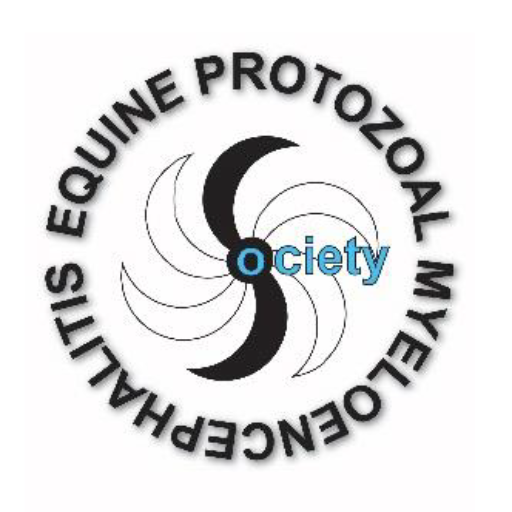EPM Society
We are researchers, veterinarians and horse owners passionate about solving the mysteries of Equine Protozoal Myeloencephalitis (EPM)
EPM Society
We are researchers, veterinarians and horse owners passionate about solving the mysteries of Equine Protozoal Myeloencephalitis (EPM)
What Is the EPM Society and What Does Our Team Do?
Equine protozoal myeloencephalitis (EPM) is a devastating neurologic disease which not only affects horses in North America but South America as well. Occasionally, horses exported into European countries are diagnosed with EPM, but it is thought that the horses were most likely infected within the United States.
Horses can develop EPM due to infection with 3 different potential causative agents. Sarcocystis neurona (S. neurona) is the most common pathogen with the opossum being identified as the definitive host. Neospora hughesi (N. hughesi) and Toxoplasma gondii (T. gondii) have also been recognized more recently as causes of EPM. The definitive host for Neospora is yet to be recognized.
While the horses are exposed to S. neurona through ingestion of contaminated feed stuffs, the questions still remain as to exactly how S. neurona can migrate into the brain to cause disease. Most horses are exposed to S. neurona, but do not develop disease.
Considerable research efforts are focused on why some horses develop disease, whether it is because of stress, or concurrent infection, or altered immune responses or other unknown factors yet to be identified. Less is known about how horses exposed to N. hughesi or T. gondii develop disease.
Typical testing to make a definitive diagnosis of EPM may be a combination of a neurologic exam and testing ideally both serum and CSF for antibodies against S. neurona or N. hughesi or T. gondii.
Current research efforts are focused on how we can more accurately identify the EPM affected horses.
If we can identify affected horses earlier, we hope that treatment outcomes would be improved; we would then be able to successfully treat the horses and get them back to 100% at a higher success rate.
Current treatment for EPM affected horses includes some combination of anti-protozoal medications along with potential non-steroidal anti-inflammatory drugs (NSAIDs), immune modulators, potentially supplemental medications such as Vitamin E, and DMSO. In some cases, acupuncture may be warranted.
Further studies are also needed to improve recoveries as well as to prevent horses from developing recurrent signs.
Approximately 25% of horses develop complications during recovery. Research efforts are also focusing on how to prevent disease or recurrent disease.
These efforts are focused on identifying the altered immune responses in some of these horses, as well as if there is a genetic predisposition to EPM, and also whether longer treatment with anti-protozoals will improve recoveries.
All of these collective efforts are focused on improving the outcome of EPM affected horses.
